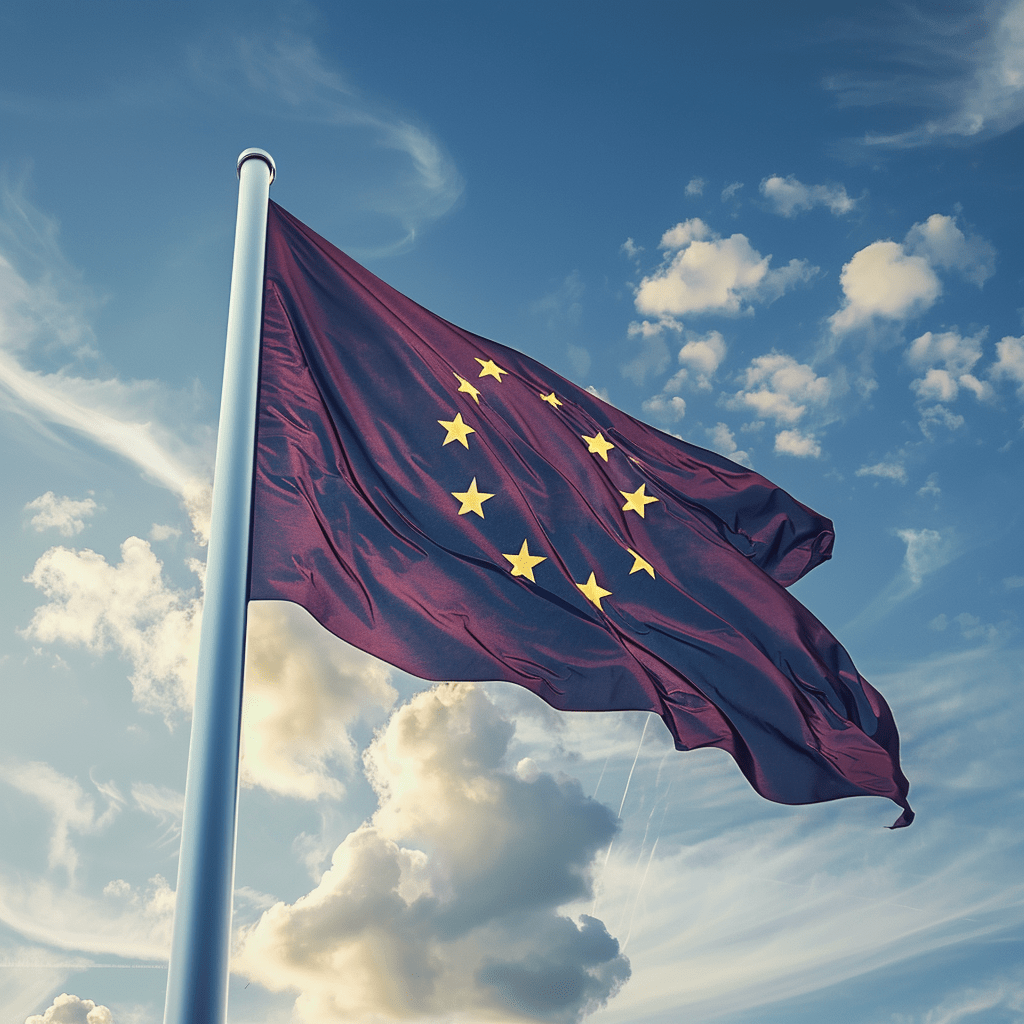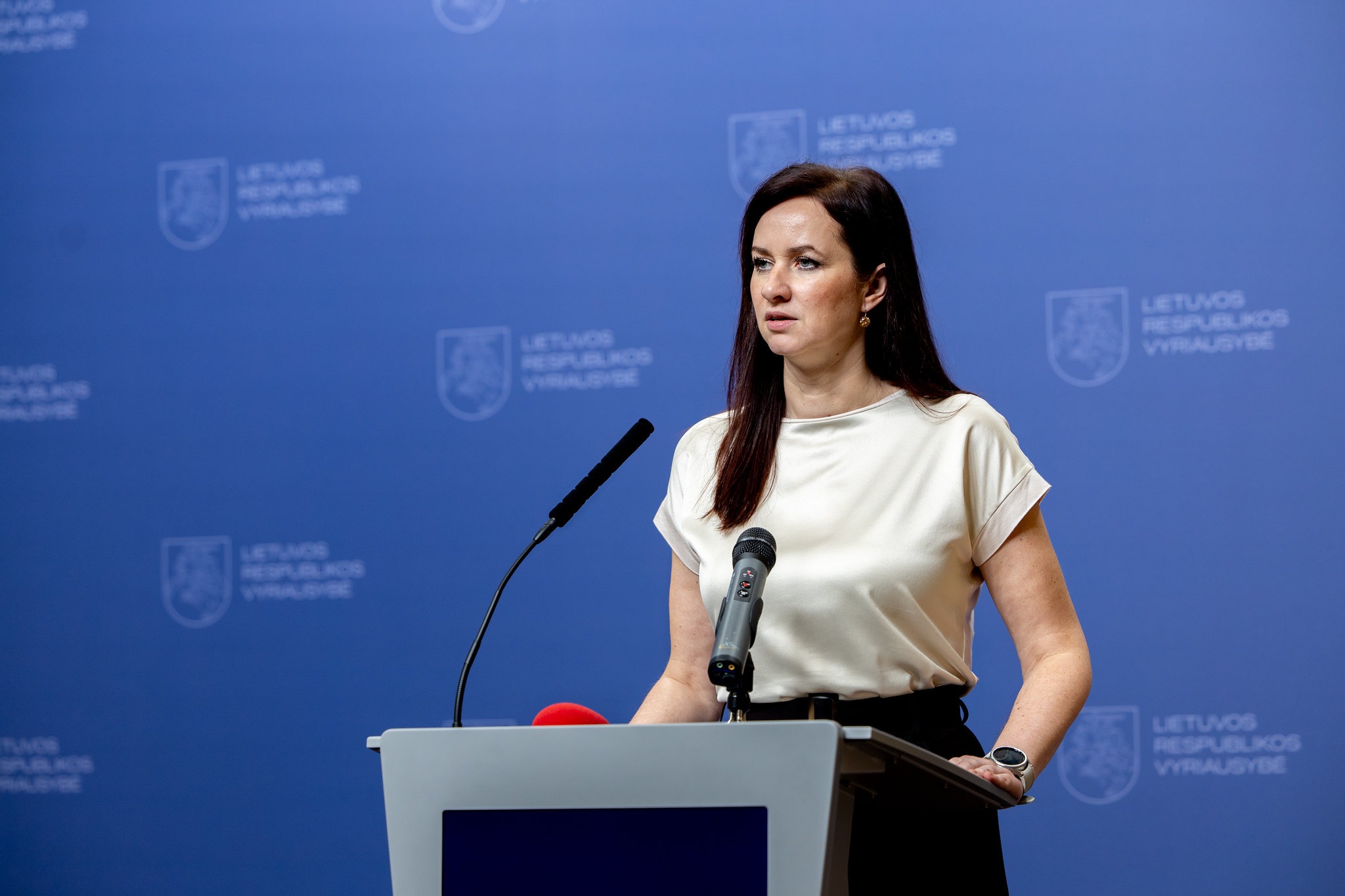
Main narratives:
- Concerns over national security measures targeting Russian media, reflecting rushed policymaking influenced by nationalist agendas.
- Nationalist party actions accused of fostering societal divisions and increasing national discord.
- Controversial claims about vaccine safety, including alleged health risks and governmental secrecy.
- Proposed environmental policies feared to degrade national sovereignty and public health by transforming Latvia into a waste disposal site.
- Broad implications of leadership accountability in vaccine-related outcomes and perceptions of regional threats by foreign nations.
Overview:
In the examined week the predominant themes among the content examined included the national security conception which limits media in the Russian language, the visit by Ursula von der Leyen and the benefits of European Union membership. Regarding national security conception, its critique is primarily based on the narrative commonly used by Russia that the Russian-speaking population in the Baltics or Ukraine is in any way oppressed. The response from the public is divided with some comparing it to genocide and others criticising that such measures are a matter of security and in no way oppressive. Overall, the content and the response from the audience indicate a very critical view of the European Union and its impact on Latvia. In addition, the content examined in relation to Israel is very scarce and is either very supportive of Israel and ignoring for example its attacks on the Iranian embassy and reports of withholding humanitarian aid or on the other end of the spectrum- anti-Semitic. Among the platforms used, TikTok has the highest engagement and in terms of narratives language divide and Covid-19 remain the topics most engaged with.









